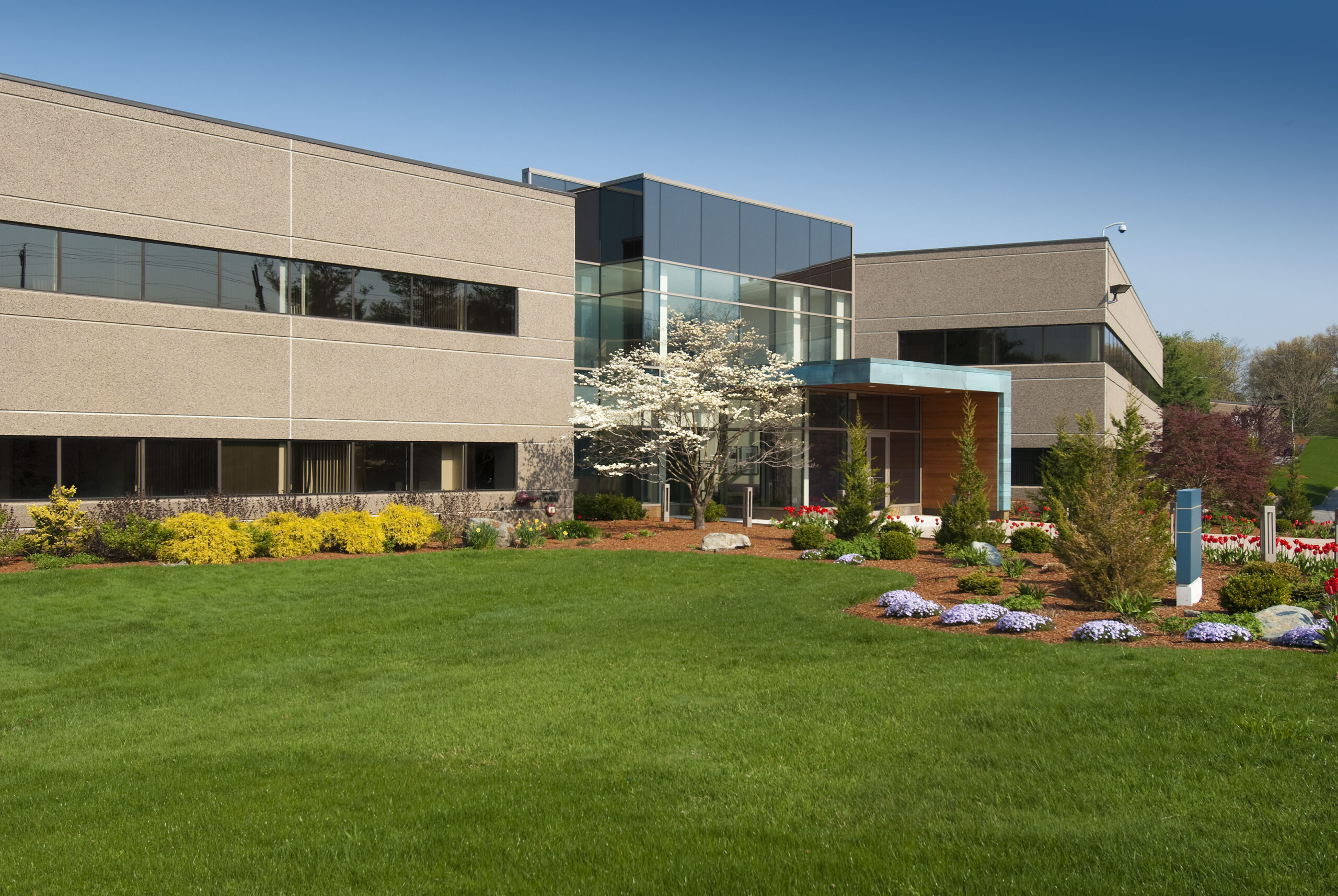In urban environments, green spaces are more than just aesthetic features—they are vital for improving quality of life and mitigating environmental challenges. Landscapers play a crucial role in designing and maintaining these urban landscapes, contributing to the sustainability and livability of cities.
Urban areas are often characterized by high population densities and limited access to natural spaces. Landscapers address this challenge by creating green spaces that offer residents a connection to nature. These spaces, which can include parks, rooftop gardens, and urban plazas, provide areas for relaxation, exercise, and socializing. Access to well-designed green spaces has been shown to reduce stress, improve mental health, and foster a sense of community among city dwellers.
One of the key environmental benefits of urban landscape gardeners Nuneaton is the reduction of the urban heat island effect. Cities tend to be warmer than surrounding rural areas due to the concentration of buildings, roads, and other heat-absorbing surfaces. Landscapers help mitigate this by incorporating trees, shrubs, and green roofs, which provide shade and reduce temperatures. This not only makes urban areas more comfortable but also reduces the energy needed for air conditioning, helping to lower overall energy consumption.
Landscapers also play an important role in managing stormwater in urban environments. The hard surfaces common in cities prevent rainwater from being absorbed into the ground, leading to flooding and water pollution. To combat this, landscapers design permeable surfaces, such as green roofs and rain gardens, that allow rainwater to filter into the ground naturally. These features help reduce the strain on urban drainage systems and improve water quality by filtering pollutants.
Urban landscapes can also support biodiversity by providing habitats for wildlife. Landscapers select native plants and design green spaces that attract birds, pollinators, and other species. This enhances the ecological health of the city and contributes to conservation efforts. Additionally, incorporating greenery into urban areas helps improve air quality by filtering pollutants and increasing oxygen production.
In urban environments, landscapers are often tasked with making the most of limited space. They use creative design solutions, such as vertical gardens, small pocket parks, and multi-functional green areas, to maximize the benefits of landscaping in even the most densely populated areas. These innovative approaches not only beautify the city but also provide essential ecological and social functions.
In conclusion, landscapers play an essential role in creating and maintaining urban green spaces. Their work enhances the quality of life for city residents by providing access to nature, reducing the urban heat island effect, managing stormwater, and supporting biodiversity. As cities continue to grow, the importance of thoughtful, sustainable landscape design will only increase.


